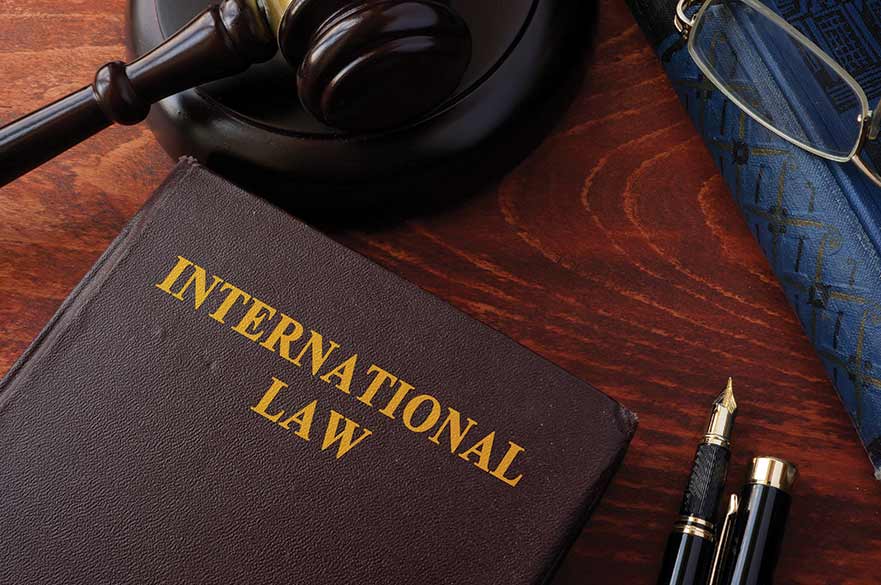International Law: A Guide to the Law of Nations

- Sovereignty: States are sovereign entities //www.newtownkennelclub.org/ meaning that they are not subject to the authority of any other state.
- Equality: All states are equal under international law.
- Non-intervention: States should not interfere in the internal affairs of other states.
- Peaceful settlement of disputes: States should resolve their disputes peacefully, through means such as negotiation, mediation, and arbitration.
- Human rights: States have a duty to uphold the human rights of their citizens.
International law is derived from a variety of sources, including treaties, customary international law, general principles of law, and judicial decisions of international tribunals.
Treaties are written agreements between states. They are the most important source of international law, and they cover a wide range of topics, such as trade, investment, human rights, and environmental protection.
Customary international law is law that has developed over time through the consistent practice of states. It is a more flexible source of law than treaties, and it can be used to fill in gaps in treaty law.
General principles of law are fundamental legal principles that are common to many different legal systems. They can be used to interpret and apply international law.
Judicial decisions of international tribunals can also be a source of international law. These decisions are not binding on states, but they can be persuasive and can help to develop the law.
International law is enforced through a variety of mechanisms, including self-help, diplomacy, and international organizations. Self-help is when a state takes action to enforce its own rights, such as imposing sanctions on another state. Diplomacy is when states use negotiation and other peaceful means to resolve their disputes. International organizations, such as the United Nations, can also play a role in enforcing international law.
International law is essential for maintaining order and peace in the world. It provides a framework for states to cooperate and resolve their differences peacefully. It also protects the rights of individuals and groups.
Here are some examples of international law in action:
- The United Nations Charter prohibits the use of force states, except in self-defense or when authorized the UN Security Council.
- The International Covenant on Civil and Political Rights protects the fundamental human rights of individuals, such as the right to life, liberty, and security of person; the right to freedom of expression; and the right to a fair trial.
- The Convention on Biological Diversity establishes a framework for the conservation and sustainable use of biological diversity.
- The World Trade Organization (WTO) trade through a series of agreements that cover topics such as tariffs, subsidies, and intellectual property.
International law is a complex and ever-evolving field, but it plays an essential role in maintaining order and peace in the world





